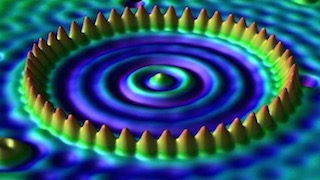Chemical and Condensed Matter Physicists study very large collections of atoms or molecules in which the interactions between constituents are strong. Solids and liquids are prime examples, within which interactions are governed by electric and magnetic fields. Given the potential for practical applications, many researchers engage in the development and characterization of new materials. Technologically important processes include conduction in metals, non-conduction in insulators, and semiconduction, the explanations for which require an understanding of the behaviour of matter in the quantum realm.
| Picture | Name | Research Area | Research Type |
|---|---|---|---|
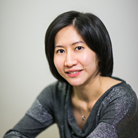 |
Chen, Jennifer | Analytical Chemistry Biological Physics Chemical and Condensed Matter Physics Inorganic Chemistry Materials Chemistry Physical and Theoretical Chemistry |
Experimental |
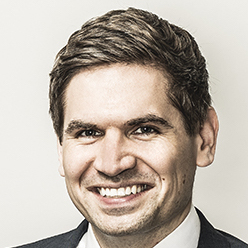 |
Cooper, Thomas | Chemical and Condensed Matter Physics | Experimental |
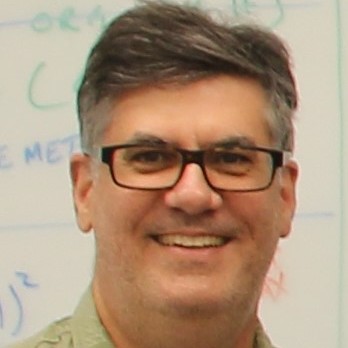 |
Fournier, René | Chemical and Condensed Matter Physics Physical and Theoretical Chemistry |
Computational |
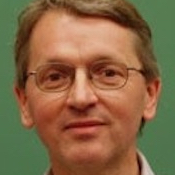 |
Jerzak, Stanislaw | Chemical and Condensed Matter Physics | Experimental |
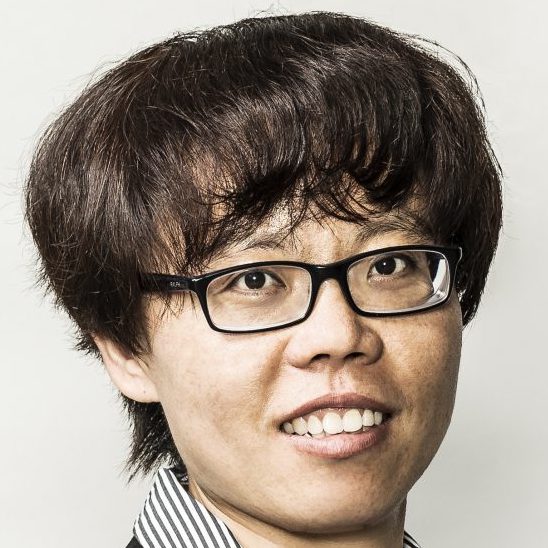 |
Jian, Cuiying | Chemical and Condensed Matter Physics | Computational Theoretical |
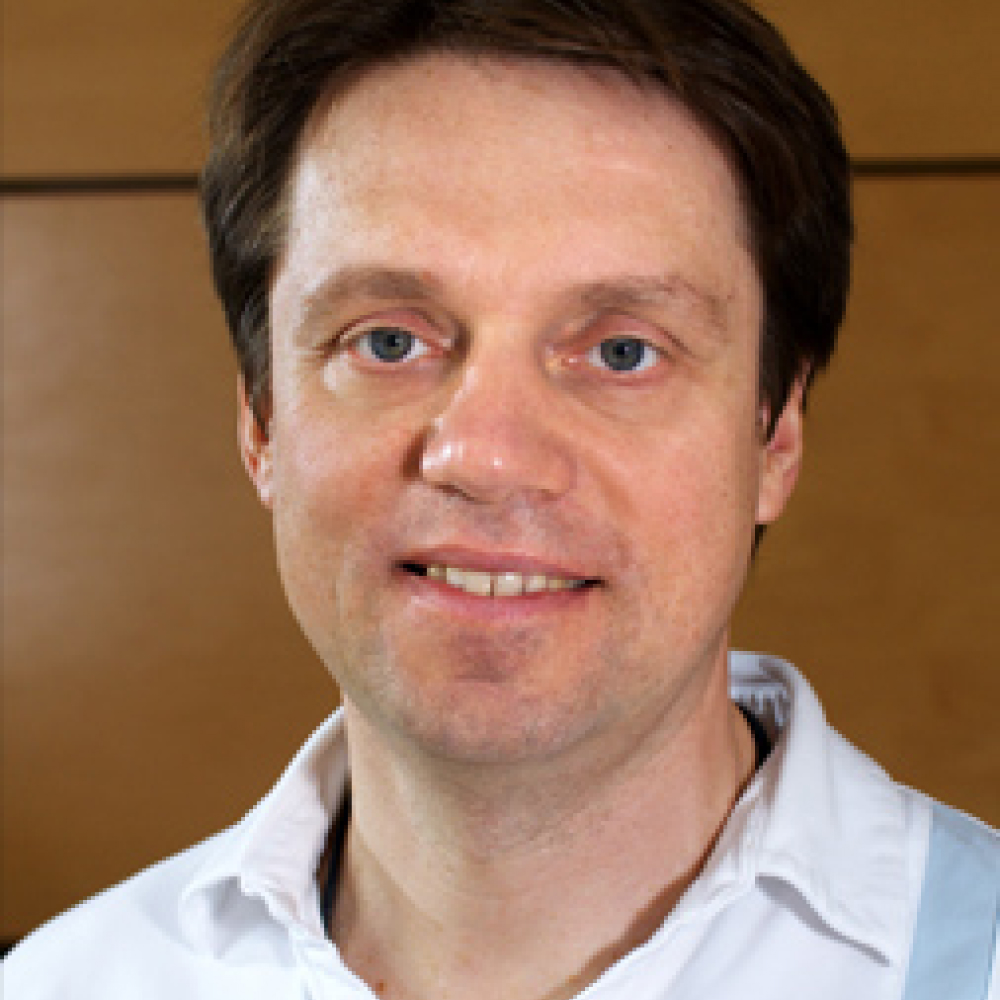 |
Krylov, Sergey | Analytical Chemistry Biological Chemistry Chemical and Condensed Matter Physics |
Experimental |
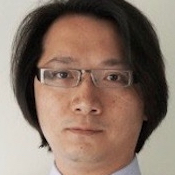 |
Leung, Siu Ning | Chemical and Condensed Matter Physics Planetary Physics |
Computational Experimental |
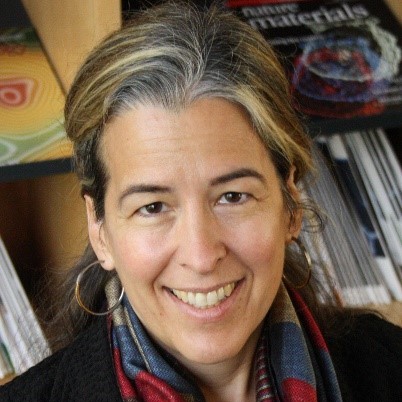 |
Morin, Sylvie | Chemical and Condensed Matter Physics Materials Chemistry Physical and Theoretical Chemistry |
Experimental |
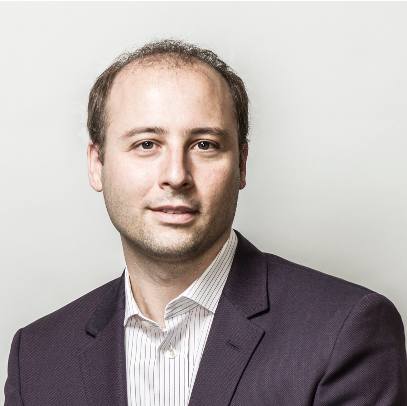 |
Pisana, Simone | Chemical and Condensed Matter Physics | Experimental |
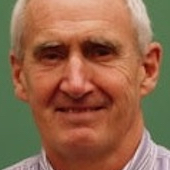 |
Prince, Robert | Chemical and Condensed Matter Physics | Experimental |
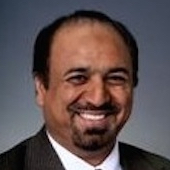 |
Rauf, Ijaz | Chemical and Condensed Matter Physics | Experimental |

